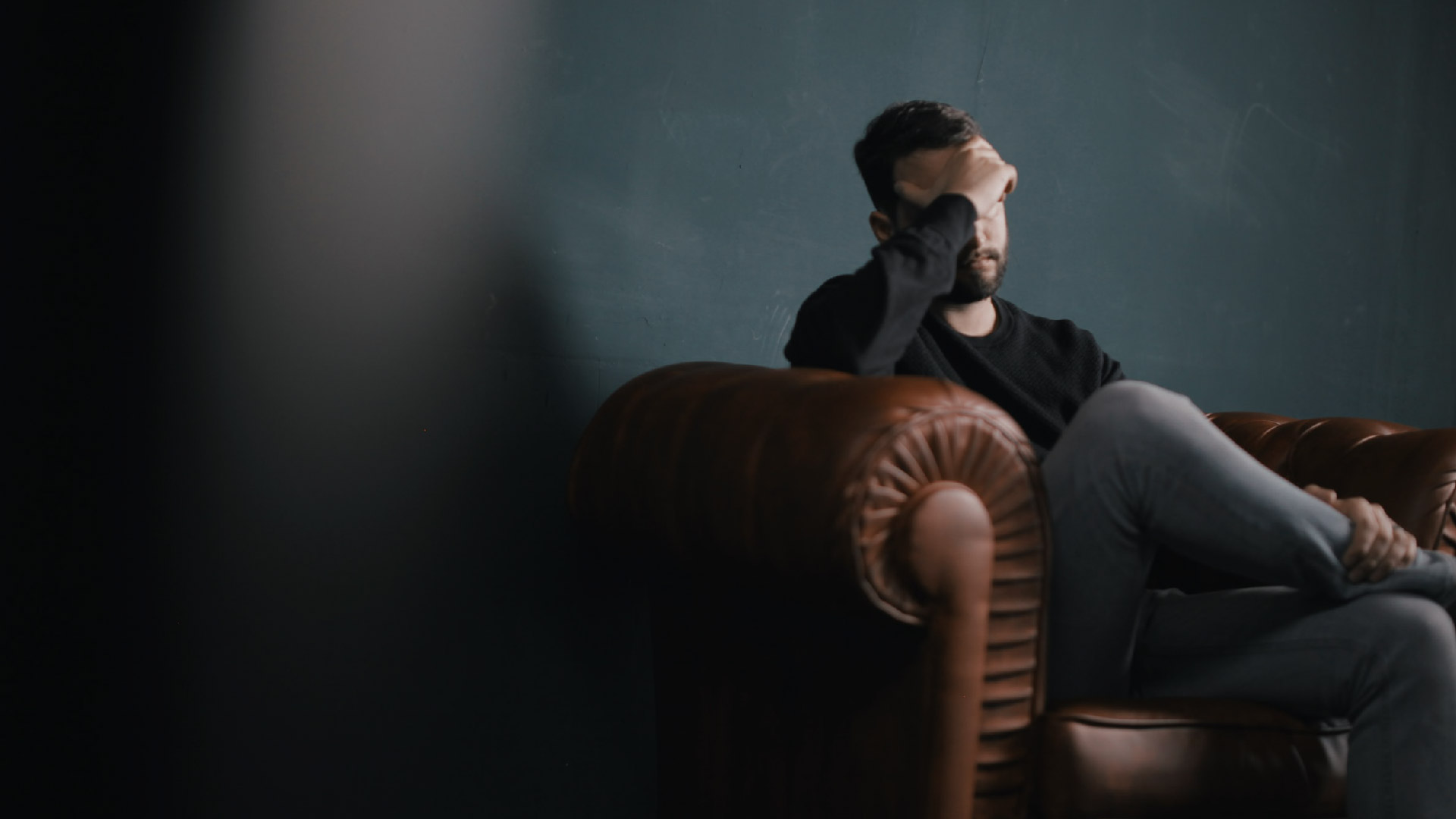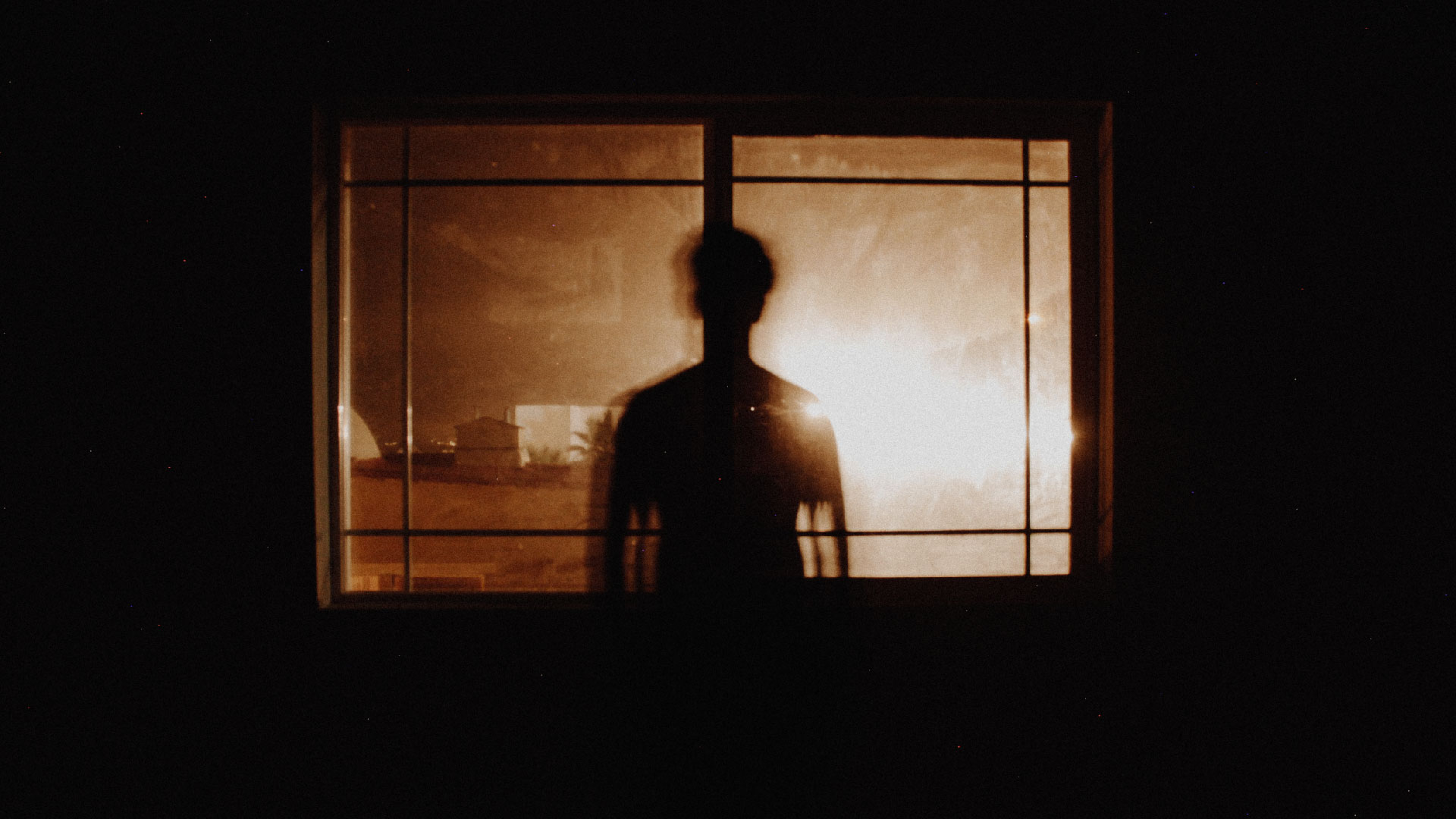According to a new study, 13.6% of Polish parents feel that if the could travel back in time, they would choose a life without children. The study was done by researcher Konrad Piotrowski to examine the demographic factors associated with regretting parenthood and its effects on mental and physical health.
The proportion of parents who regret having children seems considerably higher in Poland compared to the two countries where similar studies have been done in the past – the US and Germany (7% and 8% respectively). According to Piotrowski, the disparity may be result of Poland’s anti-abortion laws, which are some of the harshest in Europe.
“Unlike Germany, Poland has one of the strictest anti-abortion regimes in Europe. Abortion can only be performed when the mother’s health or life are endangered, when a serious defect/disease in the foetus threatens its life or the life or health of the mother, or when the pregnancy is the result of crime.”
Demographic Factors
The study found two demographic factors that increased the risk of regretting parenthood – being financially insecure and being a single parent. Among parents who said their financial situation was “bad” or “rather bad”, as many as 21.4% regret having a child.
Poland’s economy is weaker compared to the economy of US or Germany. The fact that a higher proportion of Poles are financially insecure compared to Germans or Americans could be another reason for disparity according to Piotrowski.
“Poland, despite making a gigantic leap over the last thirty years since the Communist dictatorship was overthrown, is still a country in which incomes (even when purchasing power parity is taken into account) are considerably lower than in Germany or in the US.”
The study suggests that having a partner to share parenting responsibilities with and being in a formal relationship, both significantly decrease the chances of you regretting parenthood. As many as 27% of single parents in the study said they regret parenthood. Among parents who were in an informal relationship, the percentage was lower (18.2%) and it was lower still among parents who were married at the time of the survey (9.8%).
Physical and Mental Health Correlates
Parents who regret having children seem to fare worse when it comes to mental and physical health. These parents report more depressive symptoms like ‘feeling hopeless’ or ‘feeling blank inside’ than their well-adjusted counterparts. They also report having been subjected to emotional and physical abuse during childhood more than parents who did not regret parenthood.
“The parents who regretted having children were distinguished by higher levels of mental, vegetative and pain-related problems, and they had also experienced to a greater degree different forms of violence and neglect in childhood.”
Parental Identity and Parental Burnout
Another key difference between the two groups has to do with beliefs about their compatibility as a parent. Parents who regret parenthood identified less with the parental role or expressed uncertainty about how to fulfil this role. Findings of the study also suggests that their failure to embrace the parental role may have to do with stronger ‘perfectionist concerns’ – setting the bar too high and feeling like one cannot reach it.
“It was observed that the individuals who regretted having children experienced strong and marked parental identity diffusion. They identified with the role of a parent only to a low extent, and they also had a much weaker motivation to consider issues connected with parenthood and to search for deeper information about it. “
These parents are more likely to say that they are tired with parenthood according to the study (a sign of parental burnout). Although similar proportions of fathers and mothers regret parenthood, fathers were more likely to report parental burnout and difficulties in embracing the parental role.
Read more about the study here







